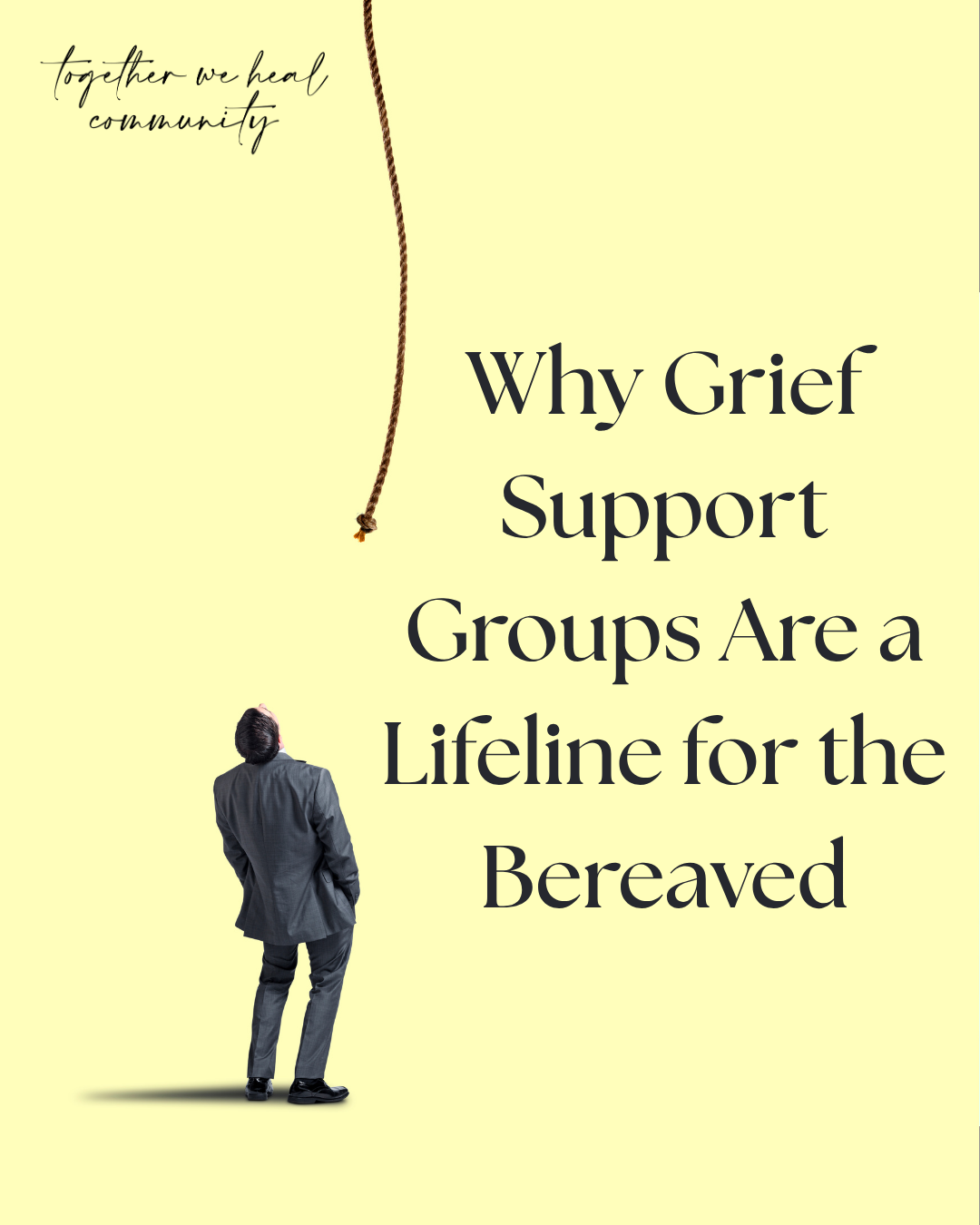Losing a loved one is an emotional journey filled with grief, and one of the most challenging aspects is the process of letting go of their belongings. Each item holds memories and emotions, making the task a poignant and often bittersweet experience.
Regina Arnold states, “When you’re surrounded by your loved one's belongings, it can be easy to focus on the pain of their loss. However, if you choose to keep only the items that bring you joy, you can remember your loved one in positive and pleasant ways.
In this blog, we explore the steps involved in navigating this delicate process. We will be hosting “Decluttering Through Grief” with Arcelia Cervantes on March 16th to further dive into this subject and give you more help letting go of items.
Here are some tips to explore until then.
Give Yourself Time:
Grieving is a personal journey, and there is no universal timeline for healing. Allow yourself the time needed to process the loss before diving into the task of sorting through belongings. Rushing this process may intensify emotions and make it harder to let go.
Start Small:
Begin with less emotionally charged items. Sorting through less sentimental belongings first can help you ease into the process and gradually build the emotional strength needed for more challenging decisions.
Create a Support System:
Enlist the help of friends or family members who can provide emotional support and assistance. Having someone to share memories with and offer guidance can make the process less isolating.
Preserve Memories:
Find a way to keep the memories with a smaller footprint on your space. Consider creating a memory box or scrapbook with some of your loved one's belongings. Select items that hold special significance and can be cherished as keepsakes. This allows you to preserve memories while making space for the future.
Donate and Repurpose:
Find purpose in letting go by donating items to charitable organizations or repurposing them. Knowing that your loved one's belongings are contributing to a positive cause can bring a sense of fulfillment and honor their memory.
Seek Professional Help:
If the process becomes overwhelming, consider seeking guidance from a grief counselor or therapist. They can provide coping strategies and emotional support to help you navigate the complexities of letting go. We are excited to partner with Arcelia Cervantes in March to discuss strategies in decluttering.
Create New Rituals:
Establishing new rituals or traditions can help you transition into a life without your loved one. Whether it's creating a memorial space or starting a new family tradition, finding ways to honor their memory in a positive light can aid the healing process.
Know When to Let Go:
Understand that some items may hold too much emotional weight, and it's okay not to part with everything. Focus on what feels right for you, acknowledging that letting go is a gradual process, and it's okay to keep certain items close.
Celebrate Their Life:
Instead of solely mourning the loss, celebrate the life your loved one lived. Reflect on the positive impact they had on your life and the lives of others. Keeping their spirit alive in your heart and through their legacy can bring comfort during this challenging time.
Letting go of a loved one's belongings is a unique and deeply personal journey. By approaching the process with compassion for yourself and your emotions, you can navigate this bittersweet experience and find a path toward healing.




